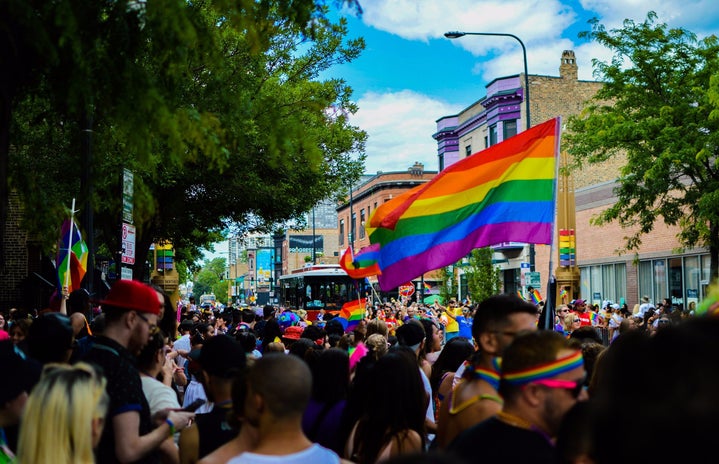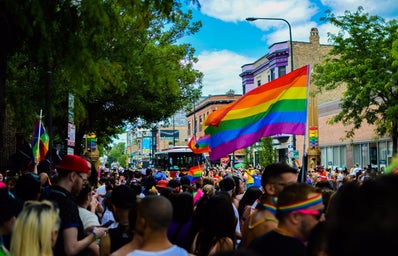Realizing you’re queer can be extremely hard. Knowing you’re different from others and not having anyone to turn to can be even more difficult. “The closet” is a societal concept made for those that identify outside of the cis-heteronormative bubble. As someone who knew they were gay since they were eight years old, I know firsthand how harmful the closet can be. For some, the closet can be a concrete box with no light in sight. For me, the closet was made out of glass.
After interviewing my girlfriend and two of my closest queer friends who came out later than me, I got an insight into the fears queer people face before coming out. I also got advice from my friends who wish they knew something about them was different.
One recognizable theme in our discussion was how alone everyone felt. “I wish I knew how many other people were gay,” said my girlfriend. Coming out after your teens can be an intimidating thing, especially when labels are the focus of everyone’s own coming-out story. “It’s okay to change your label or not even have one,” said one of my friends. Labels can sometimes do more harm than good. Another friend said, “Not everyone feels a little glimmer of hope when they see two lesbians walk down the street.” Although everyone had a fear of being alone, there was a group consensus that accepting who you are allows you to find a whole new community. Your chosen family, an important theme in queer culture, helps you accept yourself and move forward in your identity.
Another theme was seeing gay people in the media and amongst your friends. I was told that straight people don’t rewind Orange is the New Black to particular scenes… over and over again. Natasha Lyonne, “Nicky Nichols,” on the show, was a popular character brought up during our discussion. I was interested in how my friends knew they were gay. One of them told me that straight people don’t google “am I gay?” quizzes. I admit that at the height of my coming out, I would Google if I was gay almost every night (they were all right, by the way). It’s also important to acknowledge that straight people don’t kiss their friends on the lips and like it. The signs might not be as obvious to you, but if you’re questioning your sexuality, it’s probably for a reason.
We ended our discussion with one final point: you’re okay. Coming out isn’t a be-all-end-all. If it’s safe to do so, coming out can be freeing, exhilarating and life-changing. You can find those special people that change your life and help you become more confident and secure in yourself. It’s important to remember that you aren’t alone in this battle. One in five people are queer. I am, and if you’re reading this, you probably are too.


